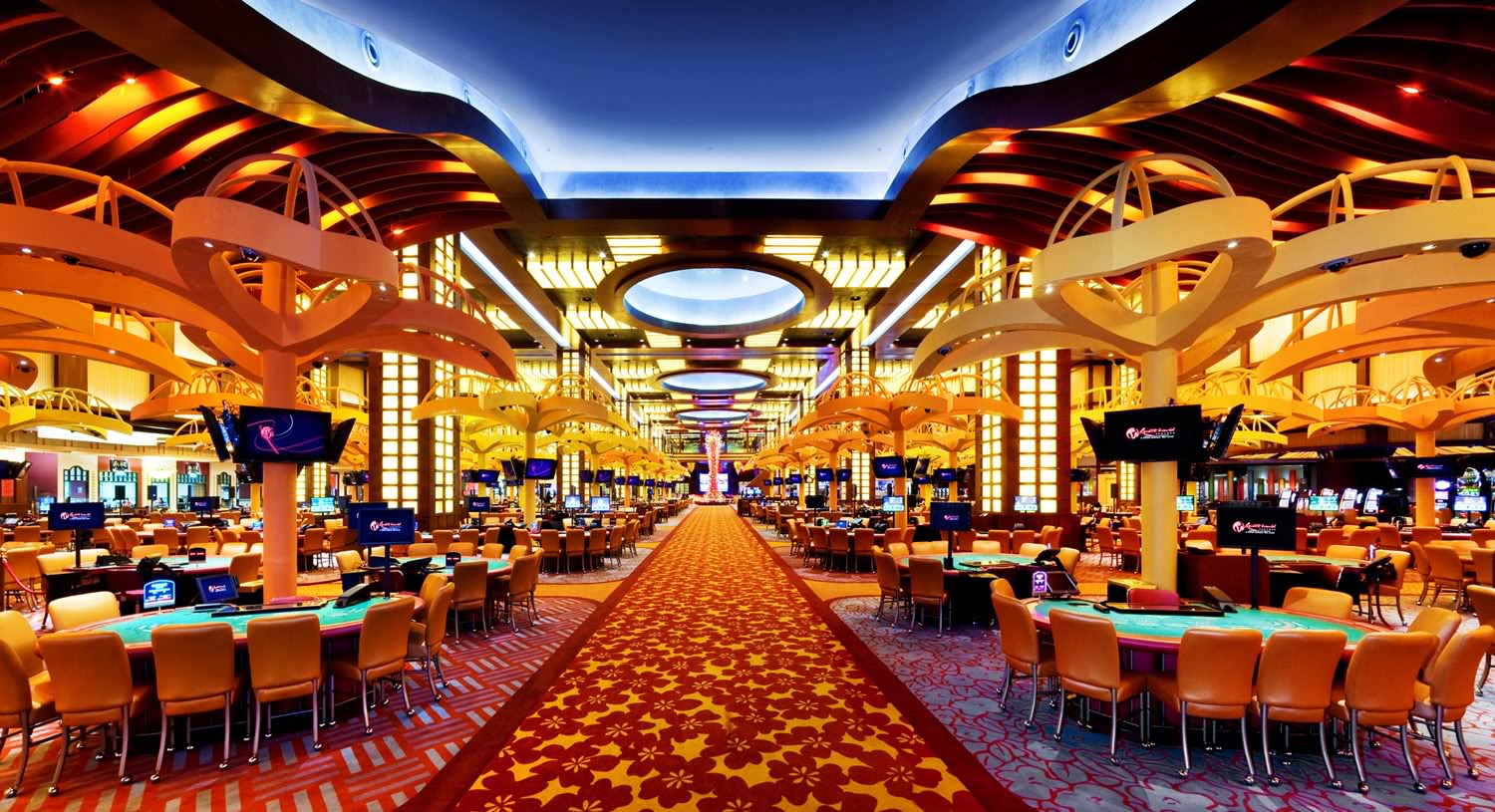
Gambling in casinos has long been a topic of interest and debate, attracting millions of players around the world. With a mix of chance, skill, and the excitement of risk, casino games offer an exciting escape from everyday life. However, as entertainment becomes ever more accessible, it invites a deeper examination of the morality surrounding these games.
At the heart of the discussion lies the question of whether casinos promote responsible gaming or take advantage of vulnerable individuals. The allure of potential winnings versus the reality of losses can create a challenging situation, and understanding this balance is crucial for both players and operators. non UK registered casino As we delve into the ethics of casino gaming, we will explore the duties of casinos, the effects on society, and the steps that can be taken to foster a healthier gaming environment.
The Impact of Casino Gaming on Society
Gambling in casinos has a significant influence on the community, affecting not only the economy but also social behaviors and community structures. The revenue generated from casinos can lead to employment opportunities and boost regional economies, as they provide various employment opportunities in multiple fields including food and beverage, entertainment, and retail. However, while the financial benefits can be substantial, communities often grapple with the possible negative impacts that arise from higher gambling activity.
Moreover, the presence of casinos can lead to an rise in gambling addiction, presenting significant challenges for individuals and families. The excitement of casino games can quickly evolve into a compulsive habit, affecting connections with others and leading to monetary issues. Many individuals may struggle with the loss of control over their gambling behaviors, resulting in a need for community support services and interventions to address this growing issue. The social cost of addiction can extend through kinships and neighborhoods, creating an urgent need for responsible gaming initiatives.
In addition to the economic and social consequences, casino gaming often showcases cultural attitudes towards risk and entertainment. It can foster a sense of excitement and leisure, attracting tourists and boosting local travel. However, this allure may also mask the wider implications of gambling as a method of entertainment, raising ethical questions about its promotion and accessibility. As communities weigh the benefits and disadvantages of casino gaming, the need for responsible practices and oversight becomes increasingly critical in ensuring that the positive aspects are maximized while minimizing the potential harms.
Moral Issues in Gambling Activities
The ethics of casino gaming often revolve around the risk for addiction and its consequences on individuals and households. Gambling can lead to significant financial distress, impacting not only the betters but also their loved ones. As people become caught in the allure of winning, many lose track of their budget, which can result in catastrophic results such as bankruptcy. This raises moral questions about the responsibility of casinos in promoting safe gaming habits and providing support for those who may be dealing with betting addiction.
Another critical concern is the promotion of betting to vulnerable groups. Gambling establishments often target low-income individuals or communities with the promise of fast gains, which can continue cycles of financial struggle and despair. In this context, the morality of advertising strategies used by gambling establishments come under examination, as they may exploit the need of individuals seeking an way out from financial hardships. This manipulation raises moral questions about the honesty of the gambling industry and its responsibility to protect its most vulnerable patrons.
Additionally, the impact of casino gaming on society as a whole cannot be overlooked. While some argue that casinos create employment and boost local economies, others point to the community costs associated with dysfunctional gambling, increased criminal rates, and a burden on public services. Balancing financial advantages with the potential for social harm presents a complex ethical dilemma for lawmakers and casino operators alike. The difficulty lies in finding a responsible approach that takes into account the well-being of people and society while still permitting for the pleasure of casino gaming.
Regulatory System and Responsibilities
The regulatory framework related to gaming operations is designed to ensure equity, trustworthiness, and participant protection. Various government entities and gambling commissions create and implement regulations that dictate how casino games operate, the standards for game development, and the processes for processing prizes. These regulations differ by region but usually involve permit requirements for operators and stringent measures to avoid deception and scams.
In addition to governing bodies, gaming operators bear significant duty in maintaining moral standards within their facilities. They must adopt safe player practices that support gambler protection and awareness, including providing self-ban options and offering information about the hazards associated with gaming. Casinos are also accountable for instructing staff to spot signs of problem betting and know the appropriate measures to help visitors in distress.
Moreover, clarity in gambling operations is crucial for gaining and keeping public trust. Operators should offer clear details about the odds of operations, advertising offers, and any associated hazards. By creating an atmosphere of integrity and responsibility, gambling establishments can help reduce the possible harmful impact of gaming while enhancing the complete gaming experience for all gamblers.